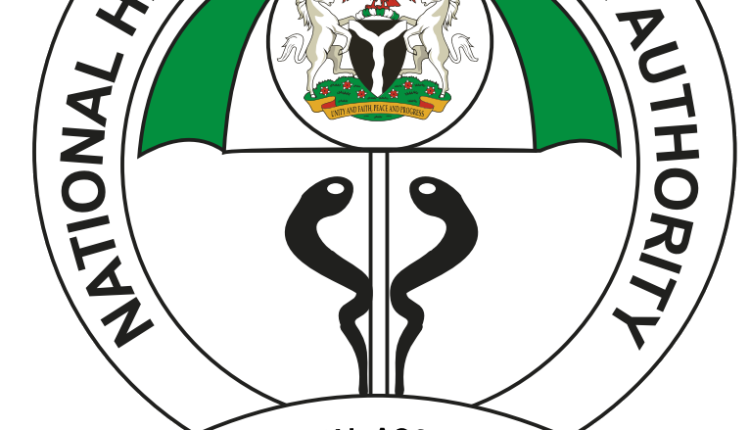NHIA expands free fistula treatment, health insurance to vulnerable Nigerians
The National Health Insurance Authority (NHIA) is ramping up support for Nigeria’s vulnerable populations by covering the cost of Vesicovaginal Fistula (VVF) treatment and enrolling patients in government health insurance programmes.
READ ALSO:NHIA begins health insurance enrolment for 10,000 people in Rivers
Dr Kelechi Ohiri, Director-General of NHIA, spoke about the initiative at the Joint Annual Review (JAR) meeting on Thursday in Abuja.
The JAR is an event focused on assessing progress in the health sector and the effectiveness of the Sector-Wide Approach (SWAp).
It also serves as a vital platform for advancing SWAp in Nigeria, bringing together key stakeholders to evaluate progress, address challenges, and identify opportunities for improvement in healthcare.
The meeting encourages reflection on achievements, open discussion of challenges, and alignment on priorities to enhance health outcomes for all Nigerians.
According to Ohiri, the initiative, which falls under the Basic Healthcare Provision Fund (BHCPF), aims to provide essential healthcare services to approximately 2.4 million low-income Nigerians without imposing financial burdens.
“This partnership with state health insurance agencies ensures that funds directly reach healthcare providers, who then deliver free or subsidised services to eligible beneficiaries,” he explained.
“The NHIA also monitors healthcare providers and insurance agencies to maintain high standards of care and accountability throughout its programmes.
“ This initiative reflects a broader commitment to achieving Universal Health Coverage (UHC), with NHIA actively seeking citizen feedback and collaborating with public and private sectors to extend health insurance access to informal workers and marginalized groups,” he added.
He highlighted the potential of SWAp principles to transform Nigeria’s health sector, emphasising three essential components for success:
He underscored the importance of transparency in resource allocation and accountability across all levels, including government agencies, state health offices, and development partners.
He noted that the SWAp framework can improve monitoring and resource utilisation, ensuring that citizens, taxpayers, and stakeholders feel the impact of their contributions.
Addressing the “dichotomy” in accountability—whether it should focus on the country, citizens, or funders—Ohiri stressed the need for unified progress in the sector.
He urged all stakeholders, from federal agencies to local governments, to align with shared health goals.
Citing Mike Tyson’s phrase, “Everyone has a plan until you get punched in the face”, he stressed the need for adaptable health strategies to address real-world challenges effectively.
NAN/Wumi


Comments are closed.